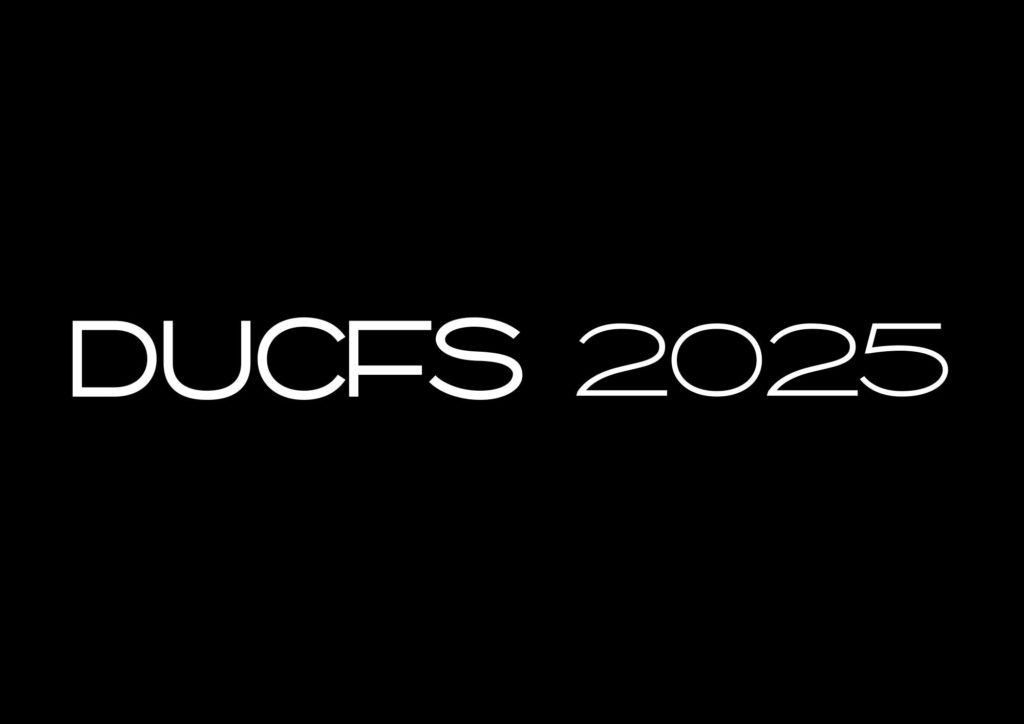With the ‘At Their Very Best’ tour selling out Newcastle Utilita Arena at the end of the month, it only seems timely to unpack my favourite lyrics of The 1975. A band infamous for their controversial and outspoken frontman Matty Healy, the four-man indie-pop group were formed in their school days at the age of thirteen and has only rocketed to success since. I discovered the band at age sixteen when my best friend recommended their debut album during exam season and have never looked back. Written primarily by Healy and drummer George Daniel, the lyrics in this article (ranked in no particular order) offer an interesting and honest perspective of romantic relationships, addiction and religion, with Healy commenting that he strives for ‘earnest’ words rather than ‘clever and cool’.
‘You used to have a face straight out of a magazine, now you just look like anyone’ (A Change of Heart, I like it when you sleep, for you are so beautiful yet so unaware of it, 2016)
Dripping in disappointment, this devastatingly brutal lyric captures the slow-burning falling out of love with someone you once were intoxicated by. When they first met, the subject’s appearance is comparable to models in ‘a magazine’, suggesting they were particularly striking and noticeable. However, as the relationship deteriorates, in the eyes of the speaker the subject no longer stands out as anything special. Just as the relationship has lost its spark, the person has lost their magnificence and is barely recognisable to the speaker, who is now indifferent- they could be ‘anyone’.
‘Jesus, save us! Modernity has failed us, and I’d love it if we made it’ (Love It If We Made It, A Brief Enquiry into Online Relationships, 2018)
Described by critics as the ‘perfect protest song’, Love It If We Made It is a list of all of modern society’s cultural and political issues that the younger generation are forced to inherit from their predecessors. The song criticises police brutality, racism, corruption, climate change and many more consequences of modernism. Healy screams over the pounding beat ‘Jesus, save us!’ despite being famously atheist: ‘I just wish I was religious because it would be so much easier.’ In many ways, modernity has indeed ‘failed us’, and all Healy wants is to ‘make it’ through to a better society. Therefore, the lyric offers a sense of hope for the future despite all the turmoil and injustice of the past and present.
‘Our love has gone cold, you’re intertwining your soul with somebody else’ (Somebody Else, I like it when you sleep, for you are so beautiful yet so unaware of it, 2016)
A bleak but bitter realisation that any burning passion in the speaker’s romantic relationship has been extinguished for the last time, to a hostile state of ‘cold’. The subject of the poem has clearly left this relationship in the grave, whereas the speaker still struggles to accept this ending. The ‘intertwining your soul’ indicates that the past lover has found fresh emotional understanding and acceptance in another in which they are spiritually merged. The speaker appears demolished by externally observing this newfound relationship, which is not just short-term or physical but has real depth, proved by the complex entanglement of the two souls. The new partner is simply dismissed as ‘somebody else’, with no identity or distinguishable features. This implies that the speaker is indifferent to the character of the new person, but the sheer fact that his past lover is with someone who is not him is enough to spiral into deep desolation. Healy himself has commented that the song touches on the unfair but natural sexual ownership one experiences when an ex-partner replicates such personal and intimate moments with someone different.
‘It’s not about reciprocation, it’s just all about me, a sycophantic, prophetic, socratic junkie wannabe’ (The Sound, I like it when you sleep, for you are so beautiful yet so unaware of it, 2016)
Tongue twisting and jumpy in rhythm, Healy densely compacts his infamous combination of being both narcissistic and self-aware into only two lines. He admits his ‘sycophantic’ nature, meaning he behaves towards others in a certain way in order to gain an advantage for himself, a common example being flattery. He is also self-labelled ‘prophetic’, indicating he views himself as visionary and perspicacious, in addition to ‘Socratic’ which suggests his inquisitive and intellectual character. However, the self-congratulations end there as he references his previous cocaine addiction with the colloquialism ‘junkie’, as well as exposing himself for being fake and a ‘wannabe.’ Singer Michelle Zaunner comments that ‘he’s able to make something compelling and profound and smart that’s also so on the verge of making people hate him’ and this juxtaposition of narcissism and self-deprecation is not an exception, nor is an unfamiliar topic of writing as Healy touches on similar themes in ‘UGH!’ on the same album.
‘Don’t fall in love with the moment and think you’re in love with the girl.’ (She’s American, I like it when you sleep, for you are so beautiful yet so unaware of it, 2016)
Healy bids us this wise warning, urging the listener not to get caught up in a particularly magical moment in order to prevent future heartbreak. The line highlights the romanticised idea of a love interest who initially appears perfect due to a one-off exciting time, however in reality is not as flawless as once thought. If one extracts the adrenaline of the moment, the person is not actually so desirable. The didactic lyric separates fantasy from reality, the idealised version of a person enhanced by a perfect moment from the genuine character inside.
‘Collapse my veins wearing beautiful shoes, It’s not living if it’s not with you’ (It’s Not Living (If It’s Not With You), A Brief Enquiry into Online Relationships, 2018)
Upon first listening, this song appears a highly upbeat confession of deep, romantic love in which Healy cannot emotionally function without the existence of his lover. However, upon closer inspection, it cleverly captures Healy’s struggle with a heroin addiction, and how he cannot physically cope without the drug he has become so reliant on. The reference to ‘beautiful shoes’ highlights the link between materialism and drugs: being a successful musician, Healy can afford the most expensive, designer goods but compared to his longing for drugs, material goods have little value in his life. Halsey’s 2015 hit ‘Colors’ is rumoured to have been inspired by Healy, where she describes him as initially being ‘blue’ but eventually becoming ‘grey…so devoid of color, he don’t know what it means’. She possibly is suggesting that as a result of his drug addiction, he has forgotten how to be enthusiastic about life and lacks vitality. The personification of the substance as a ‘you’ likens Healy’s relationship with heroin to a romantic one, as the drug consumes his life the same way love can.
‘Blood is on your tongue as well as your hands’ (Antichrist, The 1975 (Deluxe), 2013)
Following the earlier point of Healy wishing he was religious, Antichrist juxtaposes this by pointing out the inconsistencies of religion. In the context of the song, the lyric highlights how religious texts have been prime motivators for injustices and hate crimes in the world, such as certain passages from the Bible. Addressing God directly, the line suggests that the content of these texts are the root cause of such bloodshed. However, one can also interpret the lyric outside of a religious setting; words can inflict as much pain on a person as a physical fight, thus the ‘blood on your tongue’ can be taken as a metaphor for the dangerous and irreversible consequences of verbal abuse.
The 1975’s discography deals with many devastating themes, such as heartbreak and drug addiction, which are communicated through clever wordplay and raw confessions. Healy has been ‘cancelled’ online several times for controversy surrounding his political opinions in addition to having a reputation of being generally arrogant and insincere. Healy once said that ‘I want my records to represent who I am, and I’m so fucking many things’, and the chaotic blend of genres and the contradictory self-congratulations and self-deprecation offer the full tumultuous human experience. I, for one, will be amongst the 11,000 fans at the upcoming concert in January, waiting to see if The 1975 are in fact, ‘At Their Very Best.’
By Naomi Sambhi

